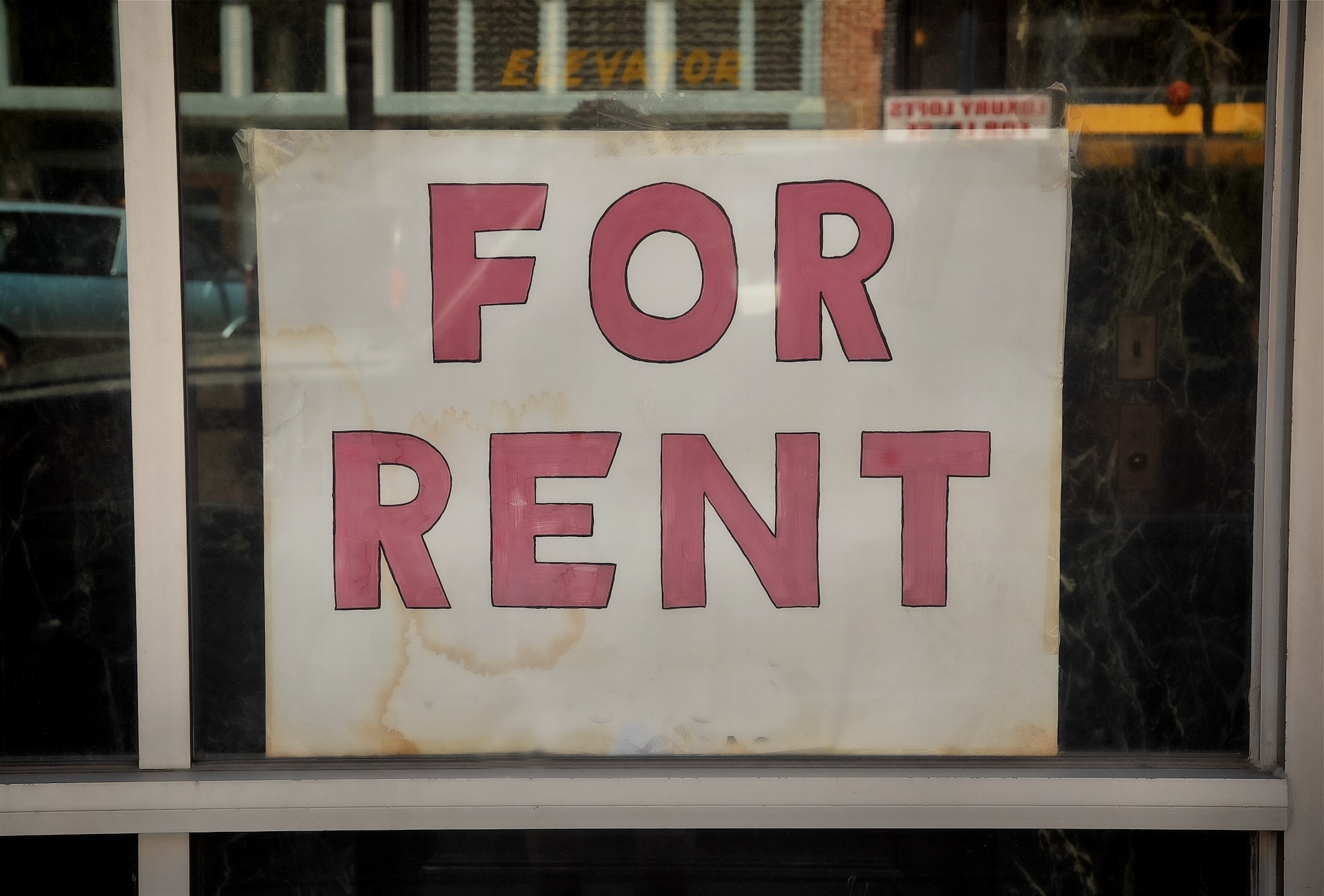
We are reader-supported. When you buy through links on our site, we may earn an affiliate commission.
A good landlord can be hard to come by, depending on where you live. Slumlords are still a significant problem in urban areas, but they aren’t the only problematic landlords out there. However, there are ways to find a good landlord.
With home prices high across the United States, renting is necessary for many households. Nearly 40% of homes in the country are rentals. Whether an apartment complex or a single-family home, all rental properties have one or more landlords.
Personal preference can make a difference in the actions and requests you are OK with. Some people want their landlord to be as least involved as possible, while others want to form a solid relationship regarding the home and how to improve it.
There are almost universally accepted qualities of a good landlord.
Qualities of a Good Landlord
Renters want their landlords to have some or all of the following features.
Personable
Landlords should be friendly and easy to converse with. Whether making small talk or discussing bills, you want someone who doesn’t intimidate you and wants to make your experience living on their property positive.
Reasonable
While you commit to specific deadlines and rules, you want a landlord who understands and cuts you slack when emergencies or bizarre situations occur. We’re all human and sometimes make mistakes or don’t account for life events. A reasonable landlord understands the occasional slip-up and doesn’t blame you for things out of your control.
Knowledgeable
You want someone familiar with rental real estate who knows how to create a fair lease, decide a competitive rent price and maintain the property while respecting your needs and schedule. A knowledgeable landlord should be able to quickly answer any question you have about the property or lease confidently.
Efficient
Your landlord should take your concerns and repair needs seriously and work efficiently to meet your needs. If something happening with the property inhibits you from living your everyday life, your landlord will resolve the issue as quickly as possible.
Loyal
Having a loyal landlord doesn’t mean they’ll let you get away with destruction or not paying your agreed-on rent. Their property is a source of income for them and they must do what’s best for their business. Loyalty means they won’t evict you without reason or choose another tenant with the same payment and stipulation just because they know or like the other tenant better.
Finding a Good Landlord
You might want a good landlord in your next move but don’t know where to start. Here are five ways to find a good landlord.
1. Look at Review Websites
Just like you can read online reviews for hotels and products, you can also look up landlords on the web. Previous tenants can post on websites like ApartmentRatings.com and Rate My Landlord to praise or criticize their rental experience.
Searching these reviews can quickly eliminate some potential homes in the area, especially when you need to narrow your options quickly.
2. Ask Community Pages
Many communities have social media pages dedicated to local events and concerns. You can use these information pages to gain insight into the best landlords.
Multiple people in your community likely have or still do rent from people and corporations and can guide you in the right direction.
3. Talk to Locals
Like the last tip, you can learn about rental properties by visiting the community and talking to locals about the best places to live. You want a landlord that meets your needs and desires, and speaking to someone in person can help you understand their tone and body language better than an internet post.
You can often find the best information by asking people at local shops or community centers. If you’re moving to a new area thanks to a job, consider asking your current or future coworkers about their favorite places to live and where you might best enjoy being.
4. Research Landlord Names
A simple internet search can often identify notoriously bad landlords in many areas. Searching the name of the landlord and community can help you find the information they are unlikely to disclose.
These searches can also lead you to more reviews on social media pages and websites you didn’t already find in your initial online searches. It can give you an idea of any former crimes, lawsuits or complaints involving the landlord.
5. Take a Tour
You can learn a lot about a landlord by how they interact and the information they share during a property tour. If you find a home you’re interested in, try to make an in-person visit instead of relying on images and virtual tours.
It allows you to communicate with your future landlord and see their responses to questions and small talk. Trust your instincts and come prepared with detailed questions to get as much up-front information as possible. While you’re there, see if you can also talk to other tenants about their experience.
Why A Good Landlord is So Important
You might not think you’ll see your landlord often, so why does it matter? Having a good landlord is necessary for a positive rental experience.
If you have a completely hands-off landlord, you might need help communicating when your home needs maintenance. Your home is supposed to be a sanctuary and your landlord shouldn’t treat you or your home as a number.
On the other hand, an overly-intrusive landlord can make you feel like you never really have privacy. You have a right to relaxation in your rental and a landlord who constantly contacts you can easily ruin that.
It can be hard to get out of your lease when you have a terrible landlord experience, so doing your due diligence will give you the best chance of a positive rental experience.
Finding a Good Landlord
Your landlord can make or break your home experience. You shouldn’t feel uncomfortable or confused about your own home, and finding a landlord who has good communication while respecting your privacy is necessary.
By doing your research and meeting in person, you can get a feel for who has your best interests in mind. Use your information to make the best decision for you and your family.









